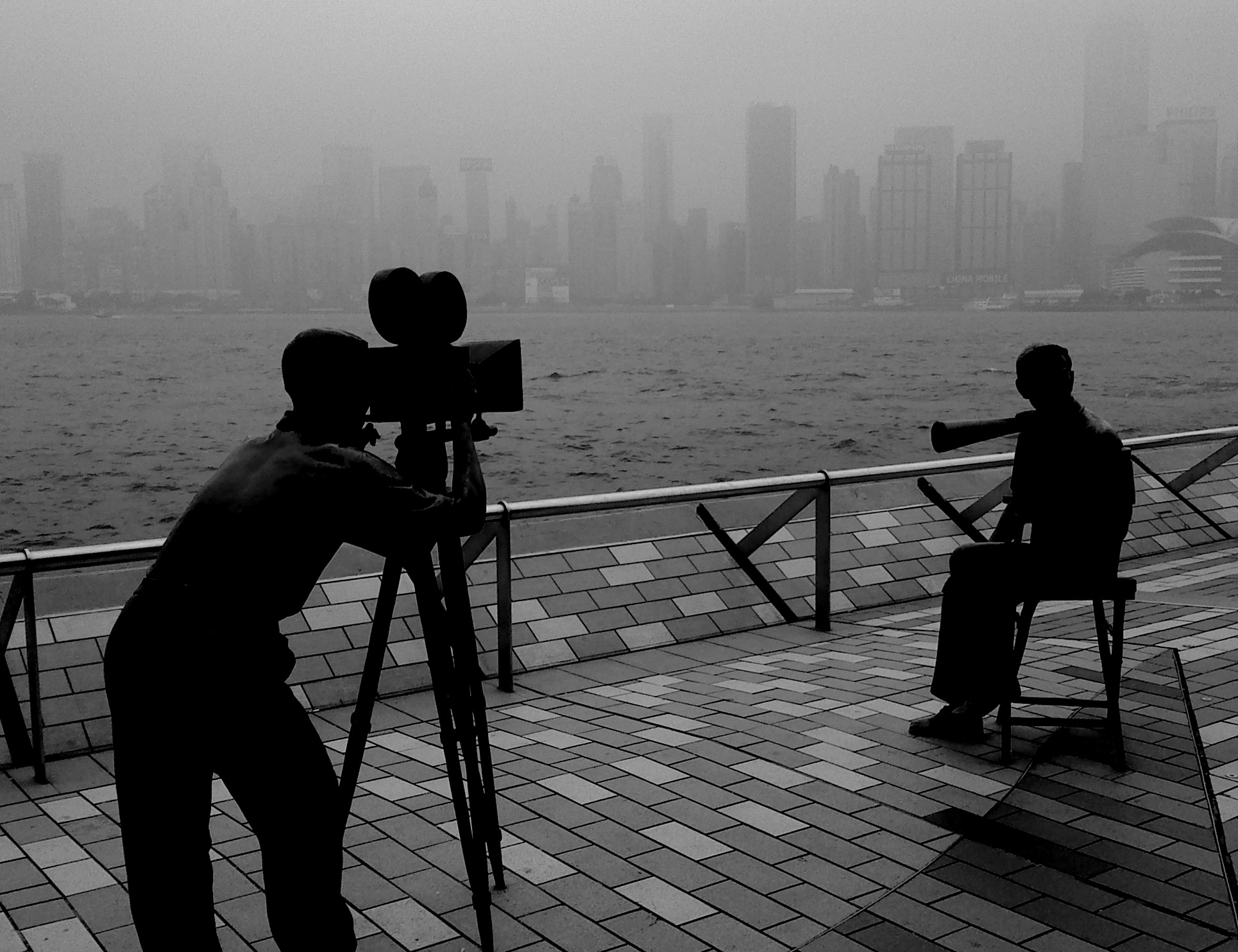Time Still Turns the Pages, which won the Audience Choice Award and the Best New Director for Nick Cheuk at the 60th Golden Horse Awards, shows how a new generation of filmmakers in Hong Kong reflect on their city, its land, space, edge and people.
The film starts with a high school teacher Mr Cheng (Chun Yip Lo) finding an anonymous suicide note, possibly written by one of his students. The note triggers Mr Cheng’s memory of his past. As he begins to read through a diary written by a young Eli (Sean Wong), Cheuk slowly reveals the painful truth about his family of origin and the city’s education system.
Growing up in an East-Asian family, I am no stranger to the repressed atmosphere depicted in Time Still Turns the Pages. Our parents’ generation can make their way to success all by themselves. They work hard, act smart, attend top universities and become rich. However, this is not the end of their journey. They want to duplicate their success with their children. Therefore, domestic violence and punishment are the only way to share their knowledge, which is usually informed by sexism and ‘traditional values’.
To immerse us in that atmosphere, Cheuk developed two lines of narrative. One focuses on Mr Cheng’s life. The other follows Mr Cheng reading Eli’s diary and dives into Eli’s memory. This complex structure not only shows how the past can be the root of tragedy happening right now but also contains one big emotional trap.
It is not the first time that Cheuk plays with a complex structure. He used a similar deceptive technique in his first short film Waiting to Drown. Playing with structure without losing sincerity and empathy is hard. However, Cheuk’s screenplay, which won the First Feature Film Initiative, is designed not to deliberately hide something from the audiences but to break their fantasy. A fantasy that we, as audiences, developed to ensure ourselves. It does not mean to be a tearjerker by revealing the hidden truth. Instead, it just shows the cruelty of reality. It reminds us of our own cognitive bias and helps us realise the danger of a certain way of judging others.
Time Still Turns the Pages has a stunning cast. It includes three generations of Hong Kong actors. Led by Ronald Cheng, who plays young Eli’s dad,h Cheng Chi-Hung, the ensemble successfully created a suffocating and toxic atmosphere in the gorgeous and conforming household.
Time Still Turns the Pages also represents a fresh generation of Hong Kong young filmmakers. This generation of filmmakers has made films including The Sparring Partner (Ho Cheuk-Tin), The Narrow Road (Lam Sum), In Broad Daylight (Lawrence Kan Kwan-Chun), The Sunny Side of the Street (Kok Rui Lau), A Light Never Goes Out (Anastasia Tsang), My Prince Edward (Norris Wong), Men On The Dragon (Sunny Chan), Beyond the Dream (Kiwi Chow), Still Human (Oliver Siu Kuen Chan), Twilight’s Kiss (Ray Yeung), G Affairs (Lee Cheuk Pan), I’m Livin’ It (Wong Hing Fan) and many more. Many of their works have already made it to the stage of the Golden Horse Awards and the Hong Kong Film Awards. In Hong Kong, some refer to them as the Post Wave directors.
When talking about Hong Kong films, many may still think of Hong Kong films from the last century, especially Hong Kong action cinema. However, the Post Wave directors are bringing the Hong Kong cinema to a new chapter. They were born in a different Hong Kong than the New Wave directors. Many of them receive formal training in film schools. They do not care about the traditions of the Hong Kong film industry. More often, their camera captures the reality of the marginalised groups. Their scripts talk about the difficulties that the LGBTQ community, foreign domestic helpers, the unemployed, and the elderly need to face in Hong Kong. They explore Hong Kong as a different space, a space with abundant stories about normal people’s lives.
Time Still Turns the Pages, one of the best among the Post Wave, establishes Cheuk’s calm and retained directing style, which makes me very excited to see what the future has in store for all of them.
“Filming Hong Kong” by Fraser Mummery is licensed under CC BY 2.0.

